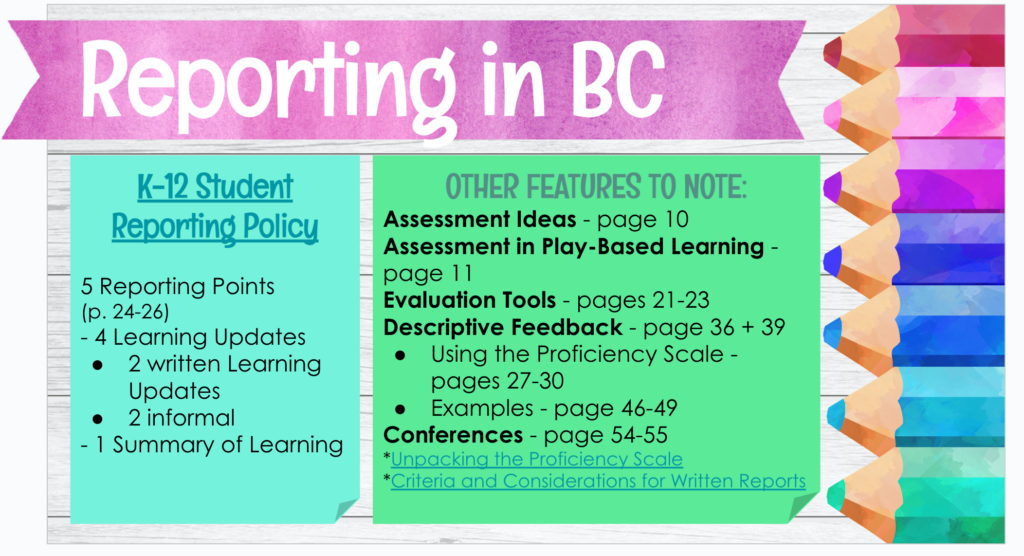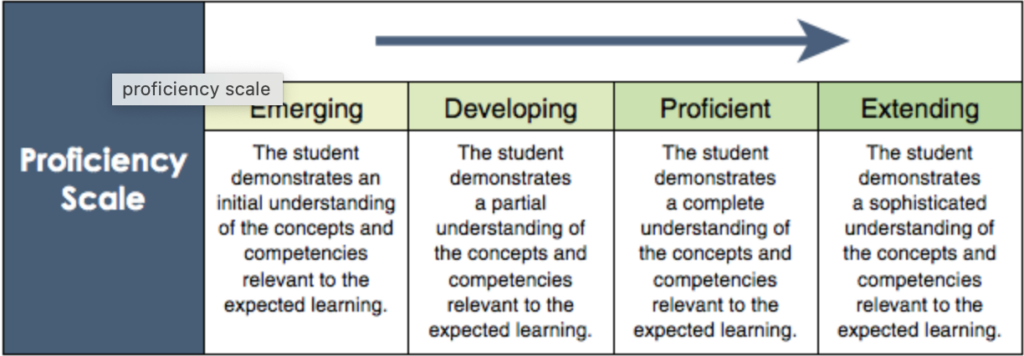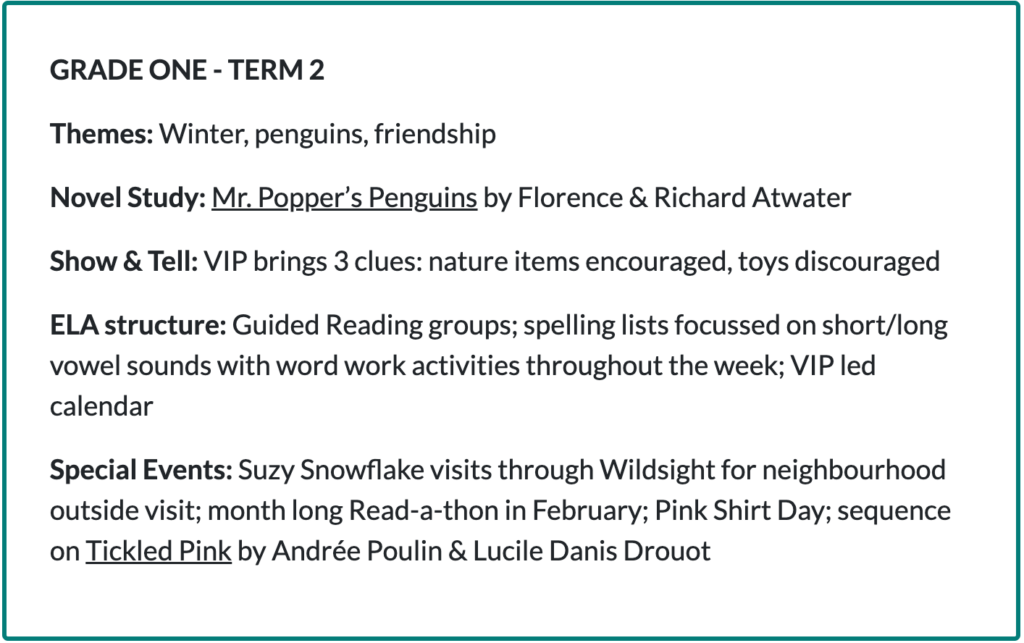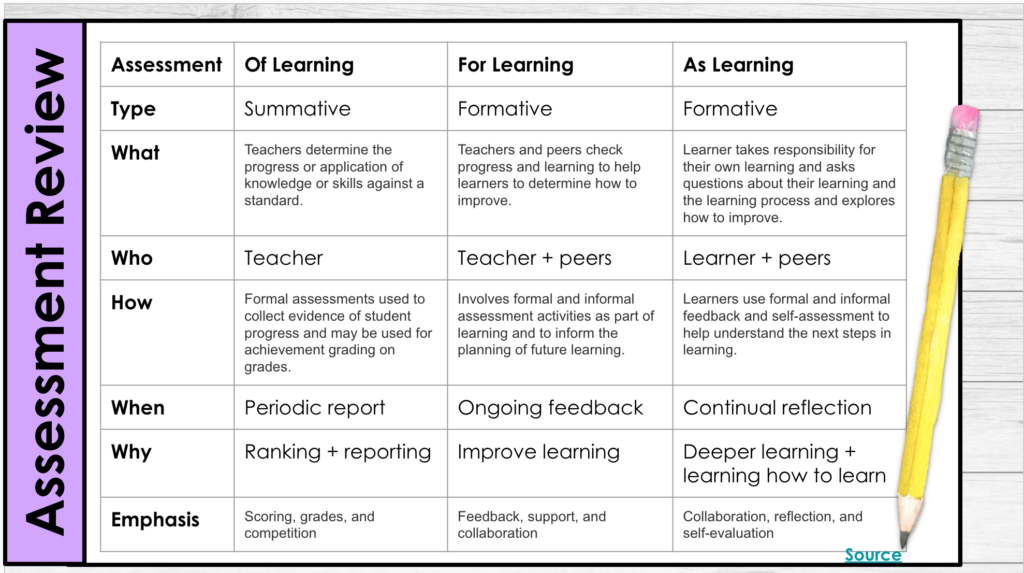
Unpacking the Proficiency Scale: https://www2.gov.bc.ca/assets/gov/education/administration/kindergarten-to-grade-12/unpacking-the-proficency-scale-support-for-educators.pdf
Criteria and Considerations for Written Reports: https://www2.gov.bc.ca/assets/gov/education/administration/kindergarten-to-grade-12/criteria-and-considerations-for-written-reports-for-educators.pdf
https://www2.gov.bc.ca/gov/content/education-training/k-12/administration/legislation-policy/public-schools/student-reporting: The BC student reporting policy outlines the expectations and requirements for communicating student learning. The purpose of the reporting policy is to have clear expectations regarding what and how teachers are assessing their students learning that is used in all classrooms across British Columbia.
A helpful way to gain insight into what to look out for when assessing students in each subject across all grade levels is through the BC Performance Standards: https://www2.gov.bc.ca/gov/content/education-training/k-12/teach/resources-for-teachers/curriculum/bc-performance-standards#performance
In class I looked at the performance standards for grade 2 reading. It should be noted that the performance standards are currently under review as they were created 2009 therefore there are some components that are considered to be outdated. For example there are some noticeable changes in the language specifically to describe student designations:
- Not Yet Within Expectations → Emerging
- Meets Expectations (Minimal Level) → Developing
- Fully Meets Expectations → Proficient
- Exceeds Expectations → Extending

One place I found particularly helpful when looking at the grade 2 reading performance standard document was page 39 “Quick Scale: Grade 2 Reading Literature.” I think the Quick Scale tool is actually a helpful tool for any subject. As a visual learner myself I find rubrics really helpful for me to understand the information and take it all in. Although each section still uses the outdated terms (not yet within expectation, meets expectations, fully meets expectations, and exceeds expectations) I believe it still fits in under the new student designation terms. It’s also nice to have something to refer to in order to know what I should be focussing on when assessing students in different subject areas as overall I want them to be successful and reach their full potential as individual learners.
During class we had the opportunity to write a report card comment that was related to English Language Arts. The following was information we were given about our student:

Both my partner Morgan and I created a report card comment for the above student who we named Suzy which took into consideration the performance standards, indicating student designation in report card (Developing), wording, and sentence starters that use language appropriate for area of designation.
Here is our comment for Suzy (Developing):
Suzy is developing in term 2 for English Language Arts. Suzy continues to gain confidence in our Guided Reading groups and works well and contributes towards the weekly activities that take place in those groups. She has been working on spelling lists for short and long vowel sounds. I encourage Suzy to continue working on her at-home reading practice and the spelling lists that get sent home on Fridays. For the month of February we had a read-a-thon and I was impressed by Suzy’s courage to read beyond her comfort level. She really gravitates towards animal books. Moving forward I encourage Suzy to practice sounding out words, use her expression when reading and to slow down. I am very proud of how far Suzy has come, and I look forward to seeing her continue to grow in English Language Arts.
Something I found useful from class was learning the difference between assessment of learning, for learning, and as learning. I have attached the following for personal reference:


Leave a Reply